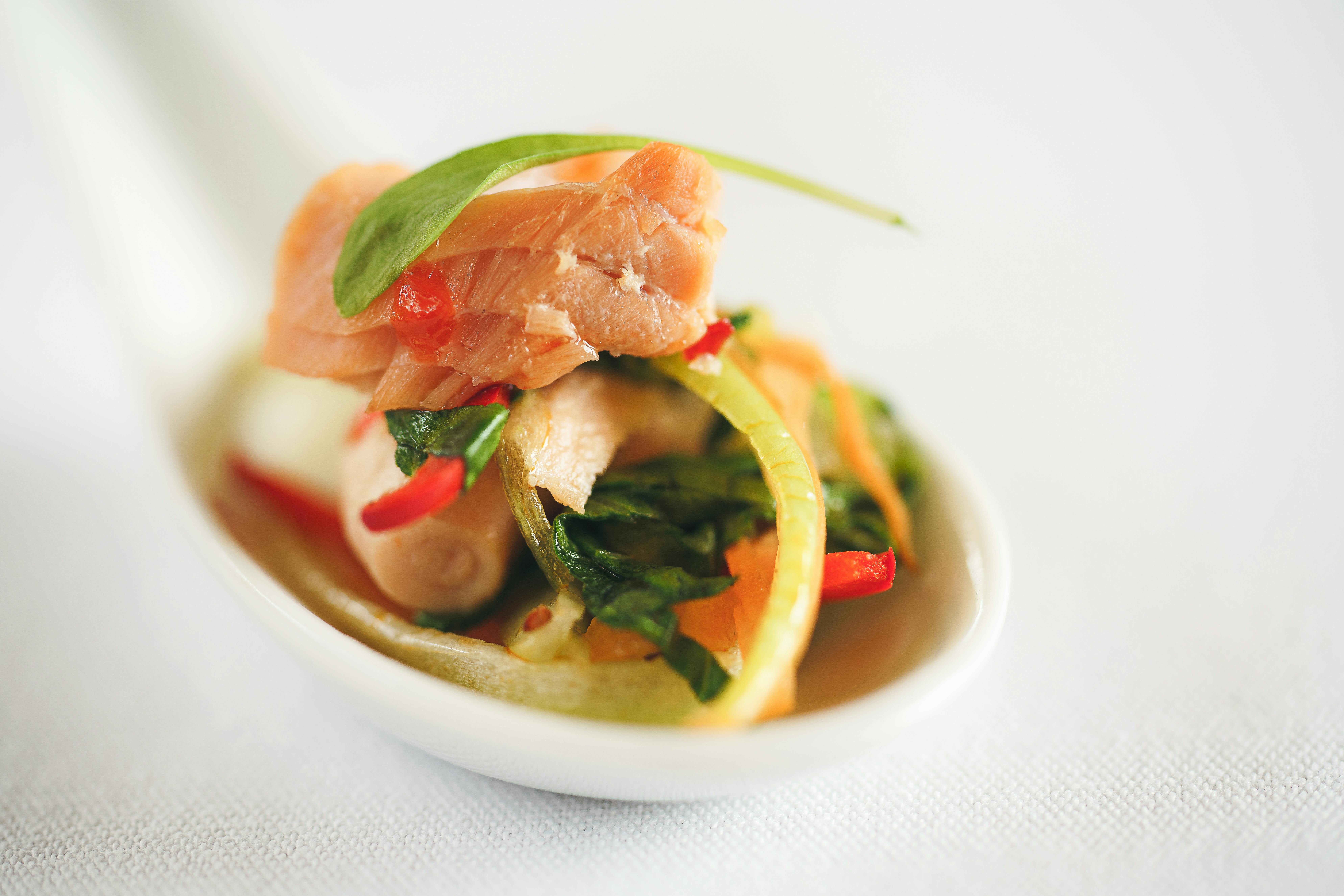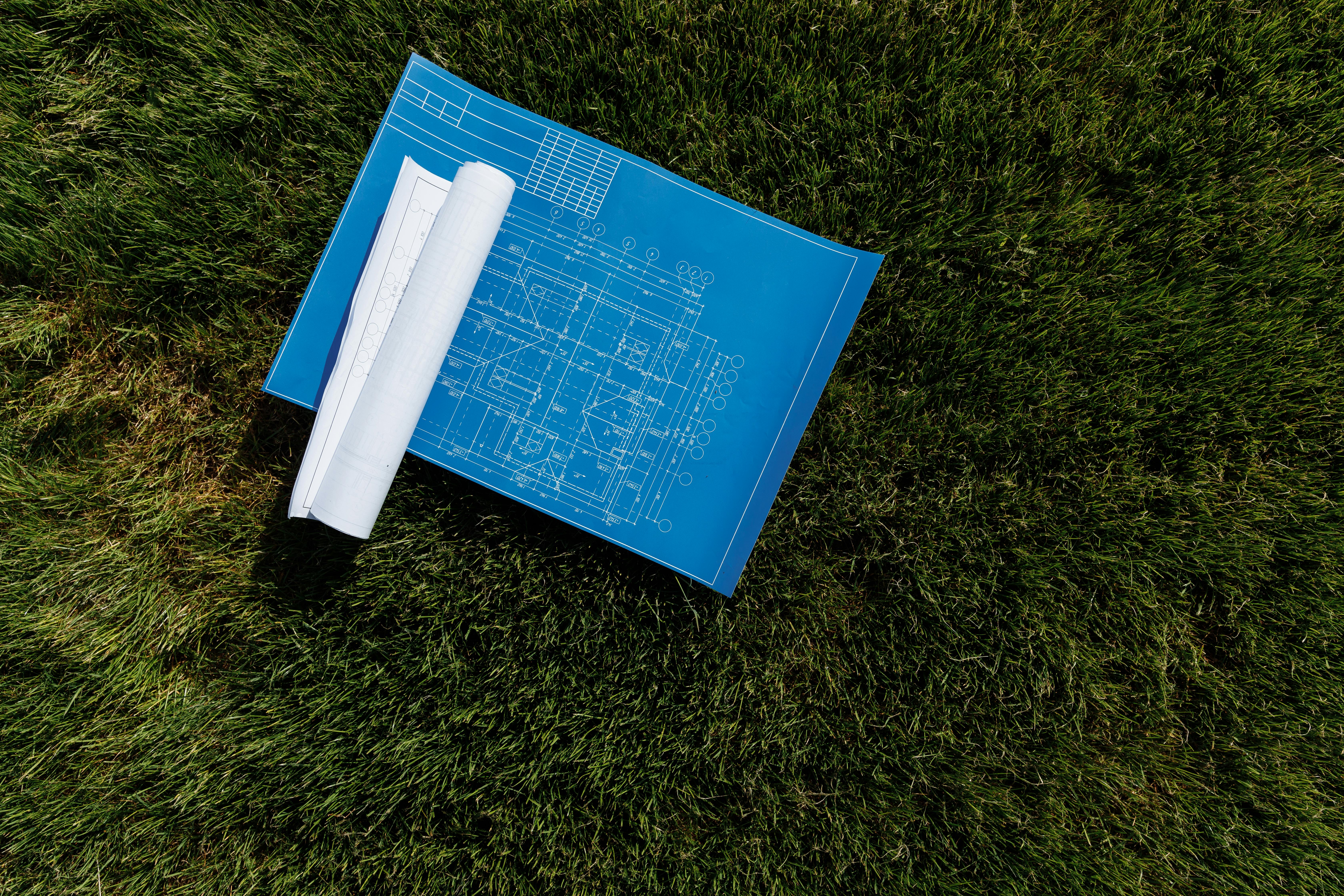Effective Ways to Clean Your Cast Iron Skillet in 2025
Understanding Proper Cleaning Techniques
Cleaning a cast iron skillet is crucial for maintaining its longevity and performance. Understanding **proper cleaning techniques** is the foundation of caring for your cast iron. In 2025, as we adopt more eco-friendly practices, the importance of using **food safe cleaning options** and natural cleaning methods has increased. These methods not only preserve the skillet's seasoning but also protect your health by avoiding harsh chemicals.
Cleaning Cast Iron After Cooking
After cooking with your **cast iron skillet**, it’s important to clean it correctly to avoid food residue buildup. Start by letting the skillet cool slightly—never plunge it into cold water immediately, as this can warp the metal. To remove food residue, use a non-abrasive scrubber along with hot water. If stubborn stains remain, consider making a paste from baking soda and water for effective stain removal without damaging the seasoning.
Removing Food Residue
When it comes to **removing food residue**, a little method goes a long way. Use a silicone spatula to gently scrape off any stuck-on bits during the warm phase of cleaning. If there are rust spots or substantial food debris, a natural solution like coarse salt can act as a gentle abrasive. Always remember to rinse thoroughly before drying to prevent moisture—key in **avoiding rust on cast iron** cookware.
Best Practices for Cast Iron Cleaning
Establishing **best practices for cast iron cleaning** involves avoiding soap, which can strip down the skillet's seasoning. Instead, focus on **cleaning cast iron without soap** whenever possible. If you do choose to use soap, select a mild, biodegradable product and use it sparingly. Implementing these practices not only maintains the skillet’s integrity but also helps in preserving the flavor of the food you cook in it.
Seasoning Your Cast Iron Skillet
Seasoning is a vital process that protects your cast iron skillet while enhancing its non-stick properties. This process involves applying a thin layer of oil to the skillet and baking it, which helps **maintain a non-stick surface** and develops flavors over time. Regular maintenance of cast iron through seasoning is essential for keeping your cooking equipment in top shape.
How to Season a Skillet
To begin **how to season a skillet**, clean the surface first to remove any residual food or moisture. Heat the skillet on medium until it’s warm. Apply a thin layer of the recommended oil—such as flaxseed or vegetable oil, which makes the seasoning process efficient and effective. Place the skillet in an oven at 450°F for about an hour, allowing the oil to create a protective layer over the cookware.
Oiling Techniques
Using suitable **oiling techniques** is crucial in the upkeep of cast iron. After every few uses, a light oiling can significantly help maintain the skillet's surface. It's advisable to use oils with high smoke points to prevent burning. A simple method is to warm the skillet briefly, apply a paper towel with oil, and wipe evenly across the surface, ensuring it is coated but not excessively oily.
Restoring Non-Stick Effect
If your skillet loses its non-stick qualities, don't fret! **Restoring cast iron skillets** is achievable through a simple re-seasoning process. Start by removing rust or old seasoning using a gentle abrasive scrubber or a mixture of vinegar and baking soda. Follow this by applying a new layer of oil as discussed earlier. Regular seasoning not only enhances performance but also improves cooking experience over time.
Tools and Products for Cleaning Cast Iron
When it comes to cleaning your cast iron skillets, having the right **cast iron skillet cleaning tools** is essential. The market offers various options that are safe and efficient for maintaining your cast iron. Selecting the right tools can make the process smoother and protect your skillets from wear and tear.
Best Scrubbers for Cast Iron
Choosing the **best scrubbers for cast iron** is vital to avoid scratching the surface. Opt for silicone scrubbers or specialized cast iron cleaning brushes that are gentle yet effective in removing stuck foods. Steel wool should be avoided as it can strip the seasoning dramatically. Remember, maintaining a cleaner surface will promote better cooking and reduce the buildup of food residues.
Safe Cleaning Products for Cast Iron
While many may think that regular dish soap is an acceptable option, this is not always true. Seek **safe cleaning products for cast iron**, particularly those that are labeled as biodegradable and gentle. Products like vinegar can work wonders when diluted with water for a quick scrub, while baking soda serves as an effective deodorizer helping in **eliminating odors from cast iron**.
Homemade Cast Iron Cleaner
Creating a **homemade cast iron cleaner** can be both effective and eco-friendly. A simple mixture of baking soda, water, and vinegar can provide a powerful cleaning solution that is both safe and efficient. By adhering to these eco-friendly cleaning practices, you are preserving the essence of your cookware while being kind to the environment.
Preventing Rust on Cast Iron
To extend the life of your cast iron skillets, it's essential to understand how to **avoid rust on cast iron**. Moisture is the primary culprit; therefore, drying cast iron skillets thoroughly post-cleaning is critical. Implementing these strategies ensures a durable cooking experience and enhances the usefulness of the skillet for many meals to come.
Drying Techniques
After rinsing your skillet, utilize a drying technique that effectively removes any remaining moisture. Place the skillet on low heat for a few minutes to evaporate leftover water. Following this, apply a thin layer of oil to shield against moisture—this action doubles as both drying and seasoning, offering essential protection.
Protecting Cast Iron from Moisture
When it comes to **protecting cast iron from moisture**, storage is key. Ensure that your skillets are stored in a dry location, and avoid stacking them without protection. Utilize paper towels between stacked skillets to absorb moisture and maintain air circulation, thus preventing rust from forming between the surfaces.
Optimal Cleaning Intervals
A big part of maintaining your **cast iron skillet** revolves around understanding the **optimal cleaning intervals**. Depending on usage, a light cleaning after each use and deeper cleaning every few months can keep your skillet in excellent condition. Regularly assess your skillet for signs of wear, rust, or stuck debris, adapting your cleaning routine as necessary.
Key Takeaways
- Utilize **proper cleaning techniques** right after cooking for longevity.
- Regularly season your skillet to maintain non-stick properties and protect against rust.
- Invest in safe, quality cleaning products and tools to preserve the integrity of the cooking surface.
- Implement drying techniques to effectively prevent rust and moisture damage.
FAQ
1. What is the importance of cleaning cast iron?
The **importance of cleaning cast iron** lies in maintaining its season and keeping it free of food residues that can lead to rust and odors. Regular cleaning helps enhance the skillet's performance and prolongs its life, making it a core activity in cast iron maintenance.
2. Can I wash my cast iron skillet in the dishwasher?
No, washing cast iron in the dishwasher is strongly discouraged. The harsh chemicals in dishwasher detergents can strip the skillet’s seasoning and lead to rust. Instead, opt for gentle cleaning methods using hot water and a scrubber.
3. How can I effectively remove stubborn stains from my cast iron skillet?
To effectively remove stubborn stains from your cast iron skillet, create a paste using baking soda and water. Apply this to the stains and scrub gently with a non-abrasive tool. For more persistent stains, a vinegar soak might also help break down the residue.
4. What’s the best oil for seasoning cast iron?
The **best oils for seasoning cast iron** include flaxseed oil, grapeseed oil, and vegetable oil due to their high smoke points. These oils form a durable seasoning layer, enhancing the skillet's cooking capability over time.
5. How can I restore rusted cast iron skillets?
To restore rusted cast iron skillets, use a mixture of vinegar and water to soak the skillet, followed by scrubbing with a non-abrasive scrubber. Once cleaned, proceed to re-season the skillet to restore its protective coating.


